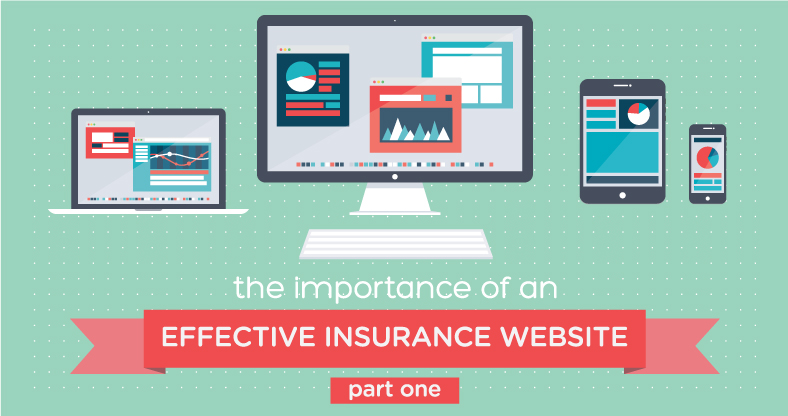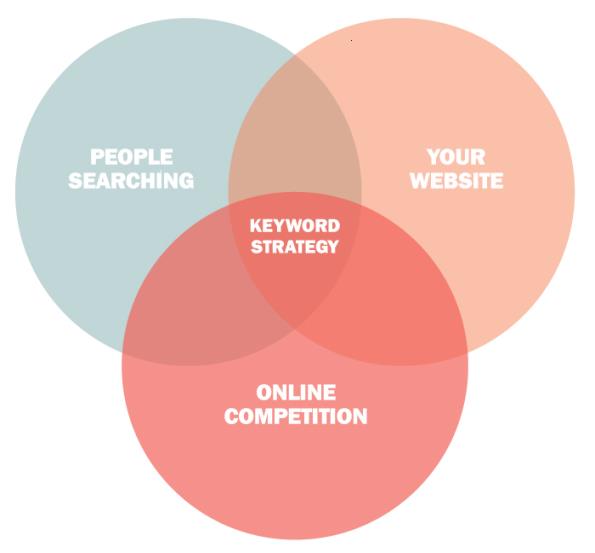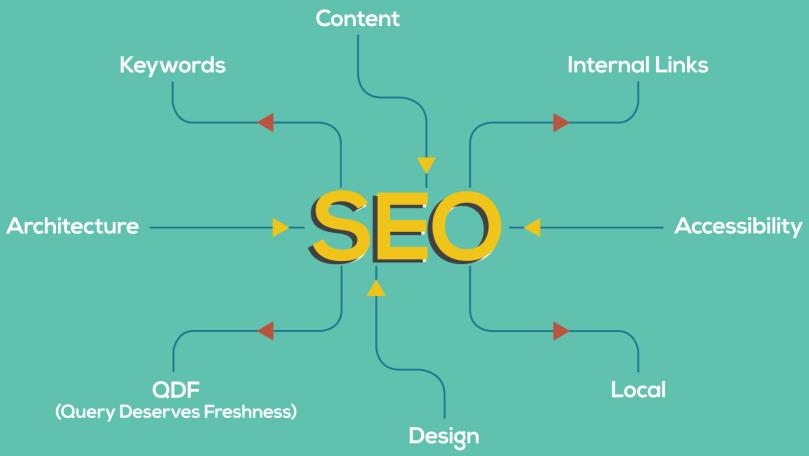By Larry Neilson, CEO, Neilson Marketing Services
There are, on many occasions, insurance clients we hear from that feel their existing website is doing great, and that building and maintaining a new site is unimportant. We also have those clients who do want to build a new site, but don’t have the resources available to make it really perform-and continue to perform- for their agency. There are a number of critical reasons why building a new website is essential in today’s digital communication world as well as proven techniques on getting a site that truly delivers.
Building a New Insurance Website
Building a new website accomplishes the following key goals for agencies:
- Establishes Credibility: Individuals expect the firms they deal with to have a website that easily adapts to mobile devices as well as a desktop computer. This function is known as responsive design that functions at peak performance whether it’s being accessed on a smartphone or a tablet. People want to have access to what they need, when they need it, where they need it. In fact, without a responsive design you will lose tremendous market share and reach. According to recent surveys, 50% of respondents use their mobile devices to start the search process, with 46% percent using mobile exclusively when performing research online.
- Facilitates Local Search: Building a proper website with Best Practices conventions and submitting it locally will help with local web searches, making it easier for your prospective clients to find you over your competition.
- Helps Your Firm Get Found via Indexing: If you build a site with proper on-page optimization it will be properly indexed by Google, which means you will increase your opportunities to be found during on-line searches.
- Leverages Ability to Target Demographics, Niches via Indexing: Indexing also means your site will be stored in Google’s database as a resource for whatever keywords we choose. So if you are focusing on public entities in Putnam County, CT, for example, your site’s landing page about insurance for municipalities in Putnam will be optimized, properly indexed, and appear in search.
At the end of the day, there are three dynamics surrounding the keyword strategy-nucleus. Your website, people searching, and your competition.
Marketing & Maintaining Your Website
Building your website so that it’s properly indexed and mobile ready is only the first step in the process. In order for it to actually show up in search, it has to be viewed as more important and relevant than other sites offering the same services. Google has to come back (cache) to your site regularly to count pages and links. The only reason for Google to return to the site is if there is new content. This is accomplished with a blog. Blogs add pages, links and content to your site, which Google loves. The blogs are based on the keywords that have been established at the onset, which is how individuals find you. These keywords are to Internet marketing what a list is to traditional marketing. If you want to attract businesses in Palm Beach County, FL to your site then you optimize the blog pages on your site to attract those kinds of businesses.
There are many moving parts to accomplishing this, as you can see from the graph below. The bottom line is you need two essential components: Links and social signals. Without a link-building (content) strategy your site will be indexed but not competitive. If you want to show up in search, on page one, for terms such as “business insurance WPB” (West Palm Beach), it will require some link building and social media credibility.
The bottom-line is for any website to truly work, you need to have a properly optimized site and a coordinated content marketing strategy in place that includes blogging and social media posts. In part 2 of this blog post, I’ll discuss the other moving parts of an effective insurance marketing website- social media marketing and tracking SEO metrics.


